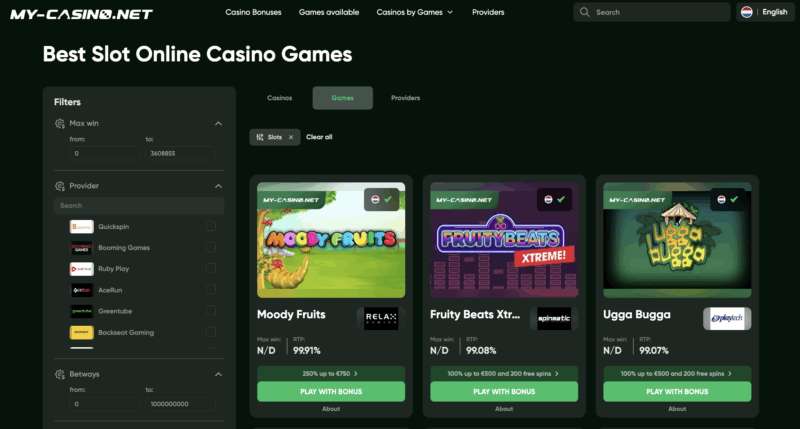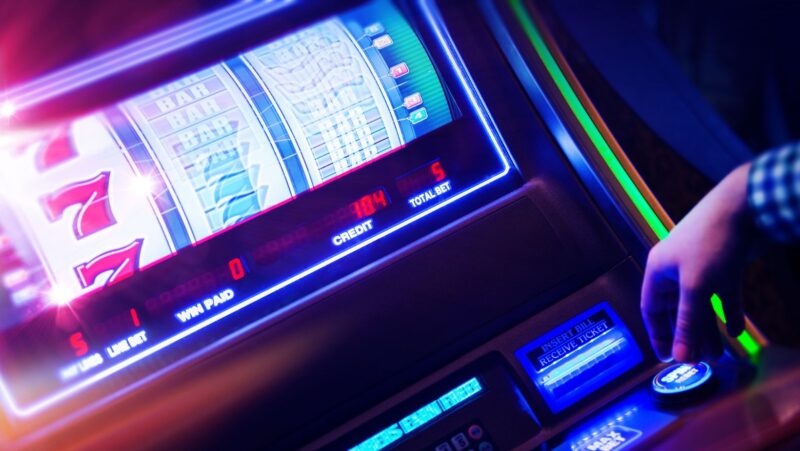
Motivation has always been the lifeblood of digital games. Games that create loyalty tend to be those that offer up amazing rewards, boosts that keep gamers coming back again and again and again. As technology has advanced, so has the means by which it gives users incentives. From the mechanical clang of pinball machines to the heavily data-driven personalization of current online games, reward systems in digital contexts have come a long way.
Pinballs to Pixels: Where It All Started
Before consoles and immersive, high-end video games became prevalent, arcades ruled the gaming world. Neon temples of fun, alive with the racket of pinball machines—that was the first phase in arcade gaming. Here, riches came not in terms of gold from treasure chests but high scores and longer plays. The more you played, the better you got, and if you were really good, you would have the honor of putting your name at the top of the table, enshrined upon the awe-inspiring leaderboard.
This was then followed by the home game boom. RPGs like Final Fantasy and The Legend of Zelda added role-playing elements such as experience points, special abilities, or high-level weapons. What started with the dopamine of immortalizing your name turned into tangible, game-changing rewards that let you take your journey to the next level. It’s quite amazing how rewards have evolved over time.
How Slot-Inspired Mechanics Changed Everything
If we fast-forward a few decades, we’ll see something fascinating happen: with mobile and online games becoming ever more popular, the use of slot-inspired mechanics started to become widespread. The old rewards were based on skill and progress, but in today’s world, we also see slot-style randomness – things like loot boxes, gacha rolls, and other randomized rewards offering up exciting rare drops.
Many of these systems echo the core mechanics of slot machines. In modern games, we experience things like the tantalizing expectation of waiting for a spinning wheel to stop, alongside newer elements like bonus rounds. We also see pull-to-refresh mechanics in some casual mobile games, further echoing those past eras of gaming.
Many modern RPGs have aspects that feel like playing digital slots – and for good reason! Digital slots tick a lot of boxes for gamers: they’re casual, they’re fun, they’re exciting, and they offer rewards that keep us coming back for more again and again. In addition, today’s digital slots are very varied, constantly coming up with new features and new mechanics that inspire gamers across the board and ensure these games feel fresh and exciting, even though the basic mechanics remain the same.
With all that in mind, it’s small wonder that the slots approach has been transferred into other kinds of video games! It’s tried and tested and has proven itself on the toughest stages of all. As slots continue to advance, it’s likely that their influence on other games is only going to get bigger.
Casinos: A Masterclass in Reward
If game developers wanted an example of how to hold onto and grow a player base, the casino is a very obvious place to look. Alongside attractive packaging and immersive themes, what really makes casinos effective are the systems beneath the surface. Every game is meticulous in its design, whether you look at the animations, the immersive sounds, or the tantalizing pauses – these are all honed to perfection, ensuring they have the desired effect on the players every time.
 Indeed, online experiences in the casino field are highly sophisticated nowadays. Personalized interfaces, stunning visuals, and fine-tuned timings have taken these experiences to the next level, and the success is obvious. Players are increasingly accessing these advanced, well-oiled systems. They’re checking out guides to help them get started, watching the experts show them how it’s done, and practicing their own skills so they can make the most of this finessed world.
Indeed, online experiences in the casino field are highly sophisticated nowadays. Personalized interfaces, stunning visuals, and fine-tuned timings have taken these experiences to the next level, and the success is obvious. Players are increasingly accessing these advanced, well-oiled systems. They’re checking out guides to help them get started, watching the experts show them how it’s done, and practicing their own skills so they can make the most of this finessed world.
Across the gaming universe, game designers are learning from the casino model. They’re building in suspenseful pauses, adding multi-step unlock systems, and creating layered content progression strategies in an effort to replicate what made casinos so engaging all along. But instead of simply copying the casino format, they delve into it and reinterpret it in the appropriate form—whether that’s wrapped up with fantasy, sci-fi, or even indie charm.
The Subtle Art of Digital Engagement
So, to summarize, games aren’t just about playing anymore—they’re focused on complete immersion through narrative techniques, and encouraging retention through rewards. To have a clearer view of the subtle art of online engagement, here is a comparison table of reward systems in digital gaming:
| Reward Style | Era/Medium | Player Motivation | Common Example |
| High Score Systems | Pinball / Arcades | Skill & repetition | Classic pinball machines |
| XP and Progression | Console RPGs | Leveling & story | Final Fantasy, Zelda |
| Randomized Loot | Modern Online Games | Surprise & rarity | Loot boxes, gacha mechanics |
| Personalized Rewards | Online Casino Platforms | Engagement & retention | Dynamic slot mechanics |












